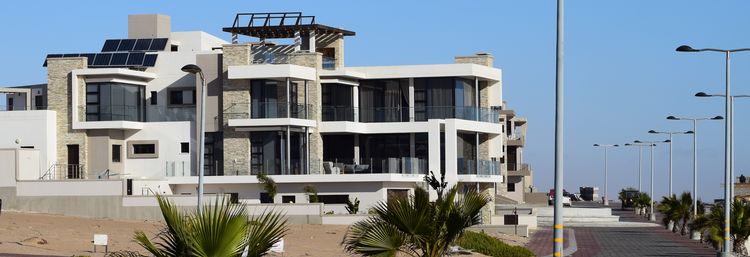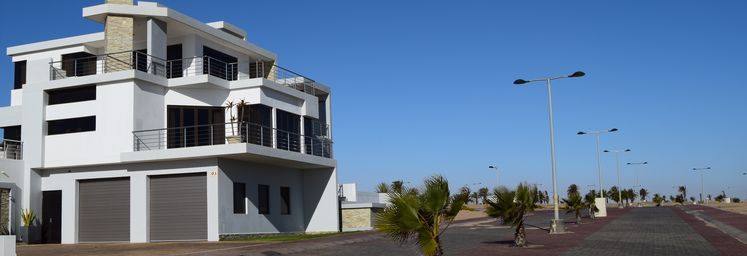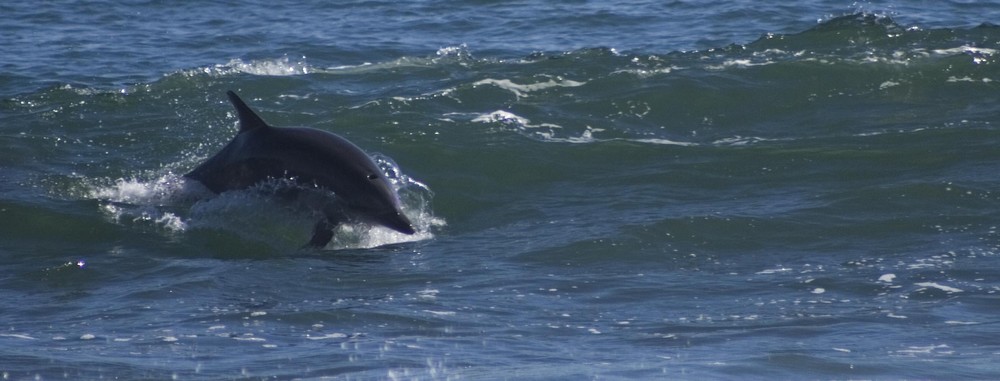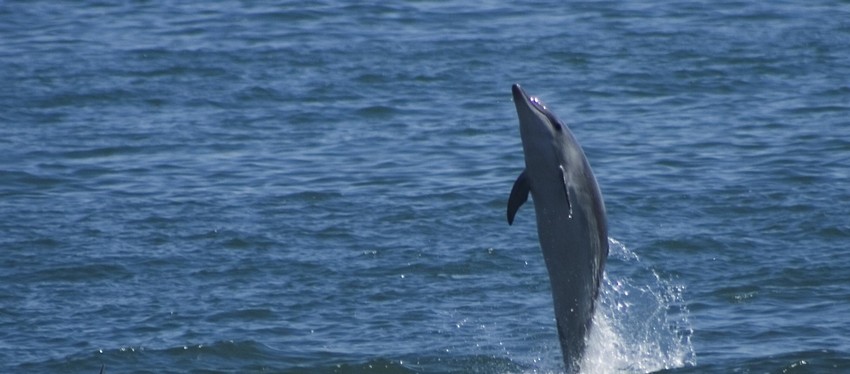History
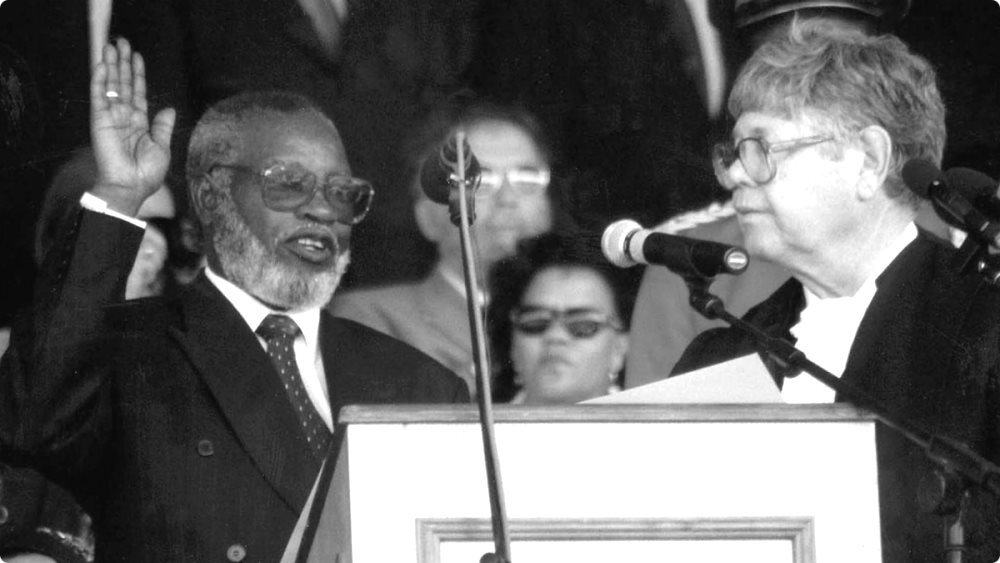 The history of Namibia begins with the San, who were living here at least two thousand years ago. As a nation, however, Namibia is relatively young, having gained its independence after prolonged struggles only on 21 March 1990. In 1878, the United Kingdom annexed Walvis Bay on behalf of Cape Colony and the area was incorporated into the Cape of Good Hope in 1884. Negotiations between the United Kingdom and Germany resulted in Germany’s annexation of the coastal region, excluding Walvis Bay. German colonial power was consolidated and prime grazing land passed to White control as a result of the Herero and Nama wars of 1904-08. German administration ended during World War I following South African occupation in 1915. Namibia was proclaimed a German protectorate in 1884. The conquest of Namibia (then was called South West Africa) by South African forces during World War 1 resulted in its subsequent administration by South Africa under a 1920 League of Nations mandate.
The history of Namibia begins with the San, who were living here at least two thousand years ago. As a nation, however, Namibia is relatively young, having gained its independence after prolonged struggles only on 21 March 1990. In 1878, the United Kingdom annexed Walvis Bay on behalf of Cape Colony and the area was incorporated into the Cape of Good Hope in 1884. Negotiations between the United Kingdom and Germany resulted in Germany’s annexation of the coastal region, excluding Walvis Bay. German colonial power was consolidated and prime grazing land passed to White control as a result of the Herero and Nama wars of 1904-08. German administration ended during World War I following South African occupation in 1915. Namibia was proclaimed a German protectorate in 1884. The conquest of Namibia (then was called South West Africa) by South African forces during World War 1 resulted in its subsequent administration by South Africa under a 1920 League of Nations mandate.
The South African government refused to give independence to the Namibian people, despite many resolutions by the United Nations for independence to the Namibian people. Therefore, Swapo (South-west Africa People’s Organization) liberation movement started the liberation war against the occupying South African forces. This resulted in the South African government to be forced to accept the 1989 implementation of the United Nations resolution 435 for free and fair elections to the Namibian people.
Elections took place and were won by SWAPO with almost 80% of the Namibian people voting in favour of Swapo. In 1990, Namibia celebrated its freedom with SWAPO forming the first democratic elected government and thereafter becoming a member of the United Nations community. On March 1, 1994, the coastal enclave of Walvis Bay and 12 offshore islands were transferred to Namibia by South Africa. This followed 3 years of bilateral negotiations between the two governments and the establishment of a transitional Joint Administrative Authority (JAA) in November 1992 to administer the territory. The peaceful resolution of this territorial dispute, which dated back to 1878, was praised by the United States and the international community, as it fulfilled the provisions of UN Security Council 432 (1978) which declared Walvis Bay to be an integral part of Namibia on the 21st of march 1994.





